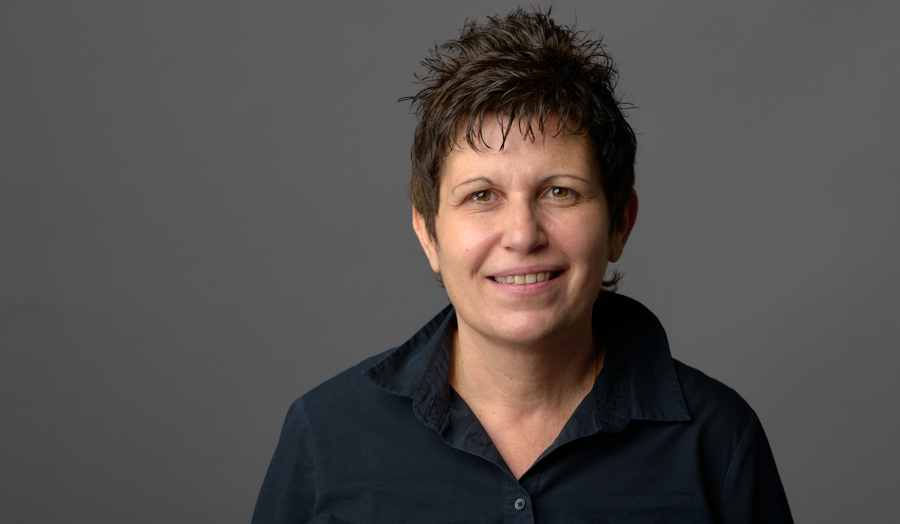Project overview
Neurodiversity is an umbrella term, including dyspraxia, dyslexia, attention deficit hyperactivity disorder, dyscalculia, autistic spectrum and Tourette syndrome. The increasing number of students and members of staff with learning difficulties associated with neurodiversity entering or working in higher education (HE) poses a shared and growing challenge internationally for educators, HR managers and institutional leaders (Clouder et al., 2020; Dwyer et al., 2022; Karakus, 2020; Melifront, 2021). The current study will explore how neurodiverse students and academics experience higher education and offer recommendations examining the ways in which higher education institutions respond to the cluster of neurodiverse conditions.
Although support services and technologies are available to meet students’ specific needs, there is an apparent dislocation between the two. Academics also feel they are disadvantaged. Fear of stigmatisation and labelling worsens the divide between what is needed and what is available to ensure neurodiverse students’ success and academics’ smooth career progression in higher education. Despite increased research on inequalities in HE, few studies report on neurodiverse students’ experiences in HE. This case study will explore 30+ neurodiverse academics and 50+ neurodiverse students’ experiences in HE to unravel the challenges for these people using lengthy semi-structured interviews, an online survey and opportunity and snowball sampling. It may unravel that neurodiverse students and members of staff face incredible challenges in HE despite the support provided so far. This study will offer recommendations for HR managers, educators, and senior leadership teams in educational institutions to provide additional support for these people to promote equality, diversity and inclusion in HE.
More information
Despite the emergence of rich neurodivergent cultures and communities over the past several decades, higher education (HE) administrations seem to view disability through predominantly medicalised, legalistic and deficit-based lenses (White et al., 2016) . Many HE students also appear to hold stigmatising views of autism, ADHD, and associated behaviours. Even a still image or brief video of an autistic person is enough for HE students to judge them negatively. Moreover, to date, most attention toward neurodiversity in higher education has focused on undergraduates, yet neurodivergent graduate students, faculty and staff also face important challenges.
The current study will address a ‘gap’ in the literature on the challenges neurodivergent students and academics face in HE (Clouder et al., 2020). The current study aims to address the following research questions:
- Which are the challenges that neurodiverse academics face in HEI?
- Which are the challenges that neurodiverse students face in HEI?
Utilising a mixed methods design, the study will use semi-structured, in-depth interviews and an online survey.
The study will present findings from an international study which aims to shed some light on neurodiverse students and academics’ enablers and challenges.
- Presentations at various international conferences
- Preparation of an article


